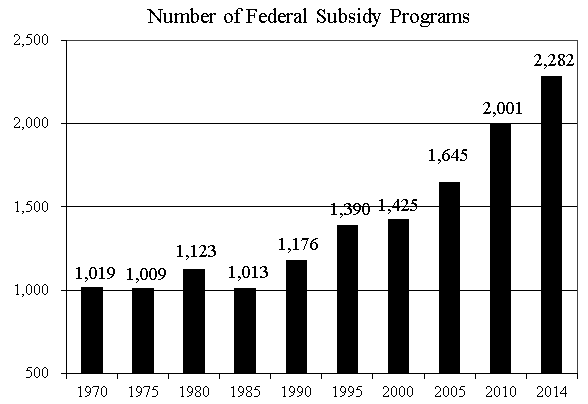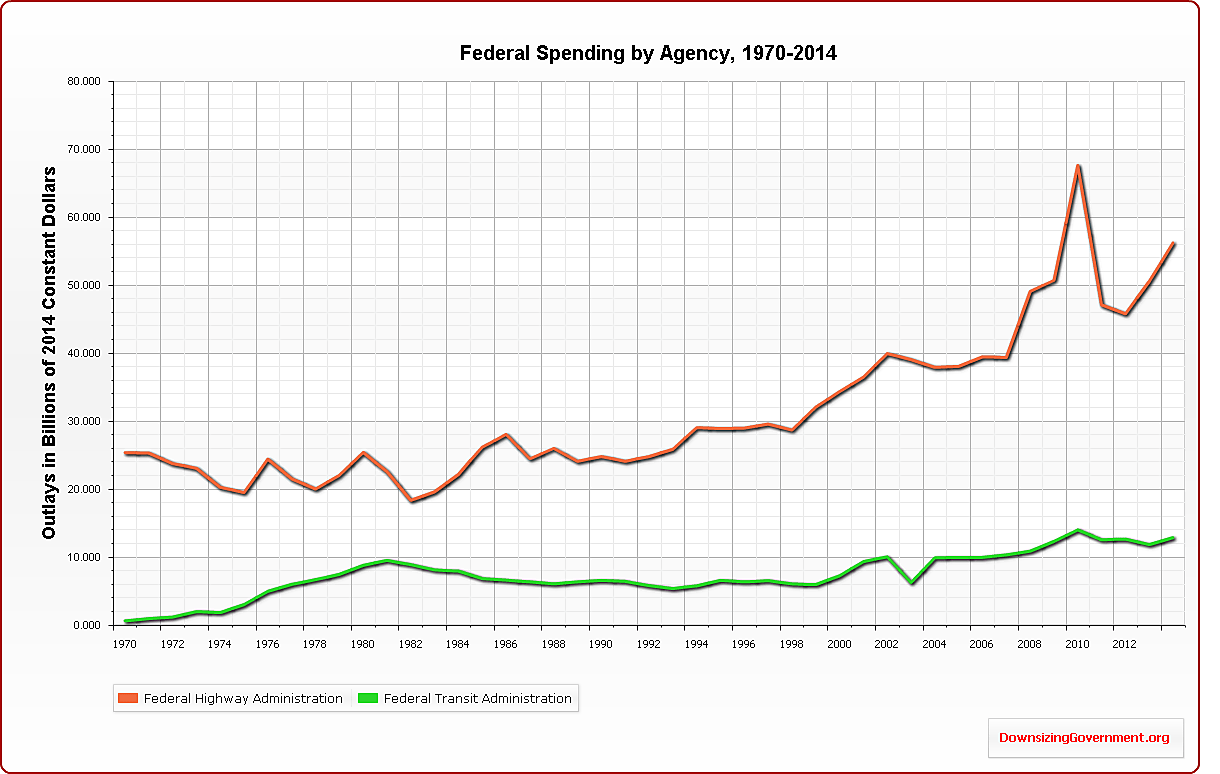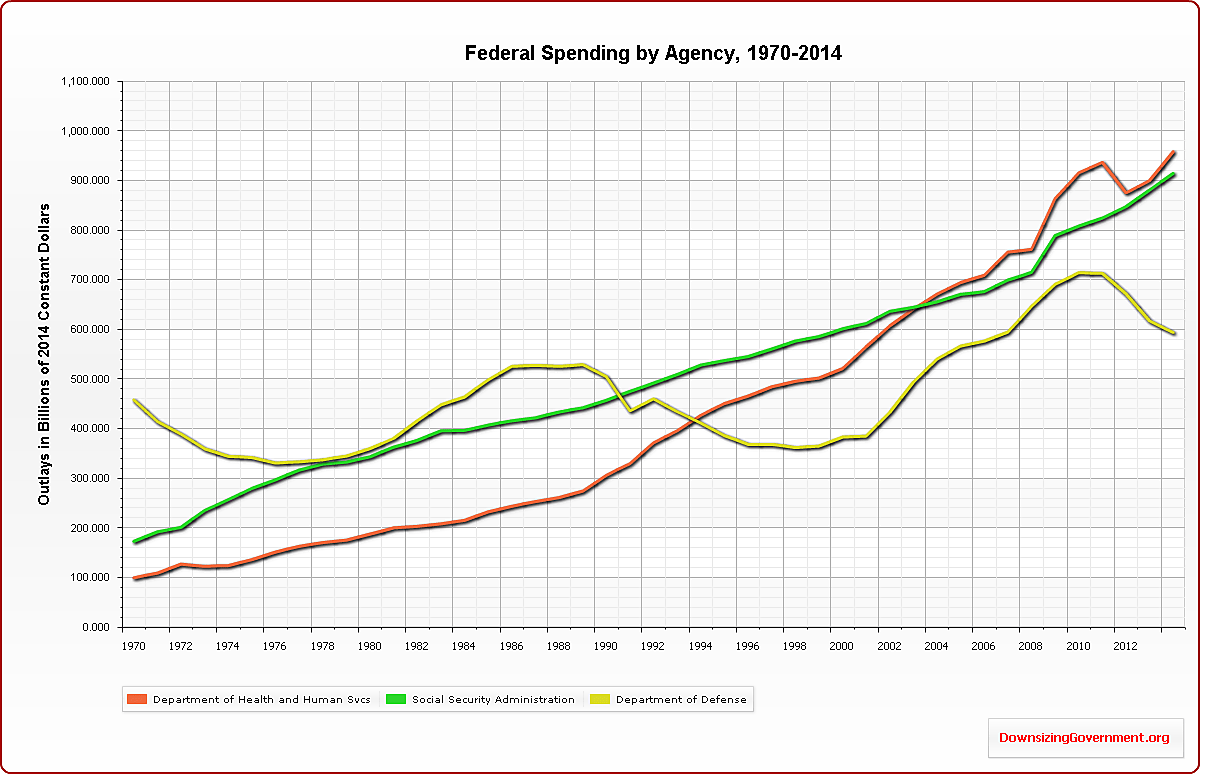I was pleased to get an inquiry from PolitiFact Oregon recently about a controversy I knew nothing about. Alas, I must deny credit to Politifact’s use of the information I provided.
Monica Wehby, the Portland pediatric neurosurgeon challenging Senator Jeff Merkley (D), recently fired on the senator for his support of the Rebuild America Jobs Act (S. 1769 in the 112th Congress).
According to the Politfact Oregon write-up, Wehby described Merkley’s vote for the act as “typical of a Washington insider like Senator Merkley,” saying, “I would have voted no because this legislation would have cost the average American family $1,000 a year while making no significant impact to fix our infrastructure and roads.”
Is the cost figure true? My site WashingtonWatch.com was the source of the number that the Wehby camp used (actually $958.40).
I described the source of the number to the Politifact reporter in some detail:
WashingtonWatch.com does a net present value calculation on CBO scores, calculating as costs the amount that would have to be put in a bank account now to fund future taxes and spending, for example, and as savings the amount that would go into a bank account now based on expected tax reductions and spending cuts. We divide gross amounts by the number of people in the country (according to census figures) and then multiply by the size of the average U.S. family (3.14, if my memory serves). At the end of a Congress, we “freeze” the relevant figures, so the calculation for S. 1769 is based on a discount rate of 3.73%, a U.S. population of 315,085,045, and a national debt of $16,338,243,391,74.
The CBO score for S. 1769 (click “Read an analysis of the bill” on the bill’s page) shows revenues (taxes — a cost) of about $56.8 billion and outlays (spending — a cost) of $56.5 billion. That made S. 1769 a high-cost bill — it proposed increasing both taxes and spending — but it was fairly budget-neutral, increasing the average family’s share of the national debt by only about $40 per average family.
If Wehby claimed that the bill would have cost the average American family about $1,000 in new taxes, I think that is incorrect. It would have cost about $500 per family in new taxes and about $500 per family in new spending.
Wehby’s claim was not that it would cost $1,000 in new taxes, though, as the PolitiFact reporter said to me in his inquiry. It was that the bill “would have cost the average American family $1,000 a year.” That is a correct number, though the reporter did not catch or raise with me that the net present value calculation produces a one-time cost figure—not the cost per-year.
There are arguments against this methodology for calculating costs, which I noted to the reporter:
As the bulk of the revenues would have come from a surtax on people with a modified AGI above $1,000,000, I see an argument that this would not have come from “average families” in the “median” or “mode” sense. But our calculations are literal averages — the arithmetic mean — which is produced by dividing costs among all families in the U.S. That approach makes the most sense for outlays, as funds in the U.S. treasury can be thought of as “owned” by all the people, and expenses should be treated as falling on all of us. The average/arithmetic mean makes less sense when it comes to revenues because they often come from distinct sets of taxpayers, such as the relatively well off.
We use the method of calculating we do because there are upwards of 10,000 bills in every Congress and hundreds get CBO scores. We don’t know of a reliable or accurate way to calculate and report tax or spending incidence at scale — who actually pays and who actually receives tax dollars — in all these bills.
My conclusion: “The statement that the bill would have cost the average family $958.40 according to CBO figures is accurate because taxes and spending are each appropriately treated as costs and ‘average’ refers to the arithmetic mean.”
But that’s not what PolitiFact Oregon reported. To my surprise, I “faulted Wehby’s claim on two counts.”
The first involved the $958.40 figure itself. In reality, [Harper] said, only half of that would come in the form of new taxes. The remainder really doesn’t count since it’s in the form of new spending. And while it could be argued that new spending amounts to a long-term debit, the CBO’s own finding that the bill was budget-neutral negates that point.
I neither said nor implied that spending “really doesn’t count.” It counts. The methodology I use counts it. And, while I pointed out that the bill was relatively budget-neutral, candidate Wehby didn’t make any claim about the budgetary effects of the bill. A bill can cost a lot and be budget-neutral. This one did and was.
The second point that the Politifact report attributed to me “was that ‘average families’ would not have borne the burden of any new costs because language in the bill made clear that it would be financed by a 0.7 percent surtax on millionaires.”
That wasn’t my point at all. Here’s what I wrote to the reporter:
It’s important and relevant to many, though, that the incidence of the taxes would have been on relatively rich people. The $500 in taxes would not have hit the “typical” (median/mode) American or Oregonian family. It’s up to you whether you believe it’s expected in the context of Wehby’s statement to get into tax incidence. You can ding her for that omission if your judgment is that it’s something she should have included.
It’s not something I faulted Wehby for. I called the statement “accurate” and left the question of subtlety around tax incidence to the reporter (thinking to myself, “Yeah, right. A political campaign is supposed to get into ‘tax incidence’…”).
It turns out that what a bill “costs” is hard to figure out when the bill has both revenue and spending measures. I’ve given it a lot of thought over years and come up with a pretty good methodology (explained and caveated at WashingtonWatch.com’s “about” page.) It’s disappointing when this thinking, and the work you put in writing up an issue for a reporter, comes out this badly misunderstood, and your own views mischaracterized.
With regret, I rate Politifact Oregon’s rating of Wehby’s claim False.


